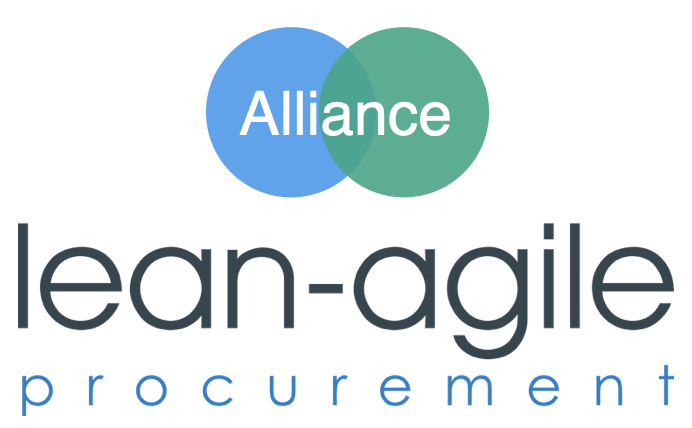
Contract Types
Target-based
Target-based Contract
Characteristics
Category
Iron Triangle
In a Target-based Contract, the scope is defined at a high level by specifying business objectives or targets, providing flexibility in how these are achieved. While the time, cost, and quality are predefined, both parties collaborate within these established constraints to meet the set targets.
Agile Contract?
Yes, a Target-based Contract can be considered an Agile contract because it offers flexibility in achieving the desired outcomes. New ideas from either party can be integrated during the delivery process without the need for formal change requests.
A Target-based Contract is similar to a Fixed Scope & Fixed Price Contract, but instead of a fixed scope, it defines specific targets or outputs. This contract type is suited for relational relationships and focuses on achieving set goals without specifying the exact methods, solutions, services, or products to be used. It allows flexibility in how the targets are met, encouraging innovation and adaptability.
Buyers Perspective
Example
A Target-based Contract might involve a renewable energy company committing to build 5 solar farms over two years. The contract specifies the target but allows flexibility in how and with what components it is achieved, enabling the company to choose the most effective solutions within set time, cost, and quality constraints.
Also known as
Performance-based Contract, Goal-oriented Contract, Results-based Contract, Objective-driven Contract
Vendors Perspective
From the vendor's perspective, a Target-based Contract offers the flexibility to choose the best methods and solutions to meet specified business objectives. The vendor assumes the risk for delivery, as they are responsible for achieving the agreed-upon targets within the set time, cost, and quality parameters. This contract type can be advantageous if the vendor is confident in their ability to innovate and deliver results efficiently, which could lead to a high profit. However, it also requires careful management to ensure that the targets are met and to avoid potential financial or reputational risks associated with failing to deliver.
In a Target-based Contract, costs, time, and quality are fixed, with the buyer setting a high-level scope by specifying business objectives or targets. This approach assures the buyer that their goals will be met without needing to know the exact details of the execution. The arrangement transfers all delivery risk to the vendor. Payments typically follow a predefined schedule linked to achieving specific targets and milestones, similar to a fixed price & fixed scope contract. The key benefit for the buyer is the ability to reach a quicker agreement on a high-level scope, allowing for flexibility and adaptability in the implementation.
Optimal if
A Target-based Contract is ideal for projects where clear output are desired, but flexibility in achieving them is essential. It suits dynamic environments where innovation is key, allowing vendors to determine the best approach to meet specific business objectives.
Challenges
Scope Definition Ambiguity: Defining high-level targets can lead to ambiguity in expectations and deliverables, making it challenging to measure success.
Risk Transfer to Vendor: The vendor bears the risk of meeting the targets, which can be daunting if the targets are ambitious or if unforeseen issues arise.
Incentive Misalignment: There can be a misalignment of incentives between the buyer and vendor, especially if the targets are not well-calibrated to the vendor's capabilities or market conditions.
Quality Control: Ensuring consistent quality while focusing on meeting high-level targets can be challenging, especially if the methods to achieve these targets vary.
Payment Structure Complexity: Payment schedules tied to specific targets or milestones can be complex to manage and may lead to cash flow challenges for the vendor if delays occur.
Unpredictable Costs: While the contract might set cost limits, the actual expenses to meet the targets can be unpredictable, potentially affecting the vendor's profitability.
Advantages
Flexibility in Execution: Vendors have the freedom to choose the best methods and solutions to achieve the specified targets, allowing for innovation and adaptability.
Focus on Output: The contract emphasizes achieving specific business objectives, aligning efforts towards clear and measurable targets.
Reduced Micromanagement: By focusing on high-level targets rather than detailed specifications, the buyer can reduce the need for close oversight, trusting the vendor's expertise.
Encourages Efficiency: Vendors are incentivized to find the most efficient ways to meet targets, potentially leading to cost savings and optimized processes.
Accelerated Agreement: The high-level scope can lead to faster contract agreements, as parties can agree on overarching goals without needing to detail every aspect of the work.
Clarity and Alignment: Clearly defined targets help ensure both parties are aligned on the desired outcomes, reducing the likelihood of misunderstandings and disputes.


